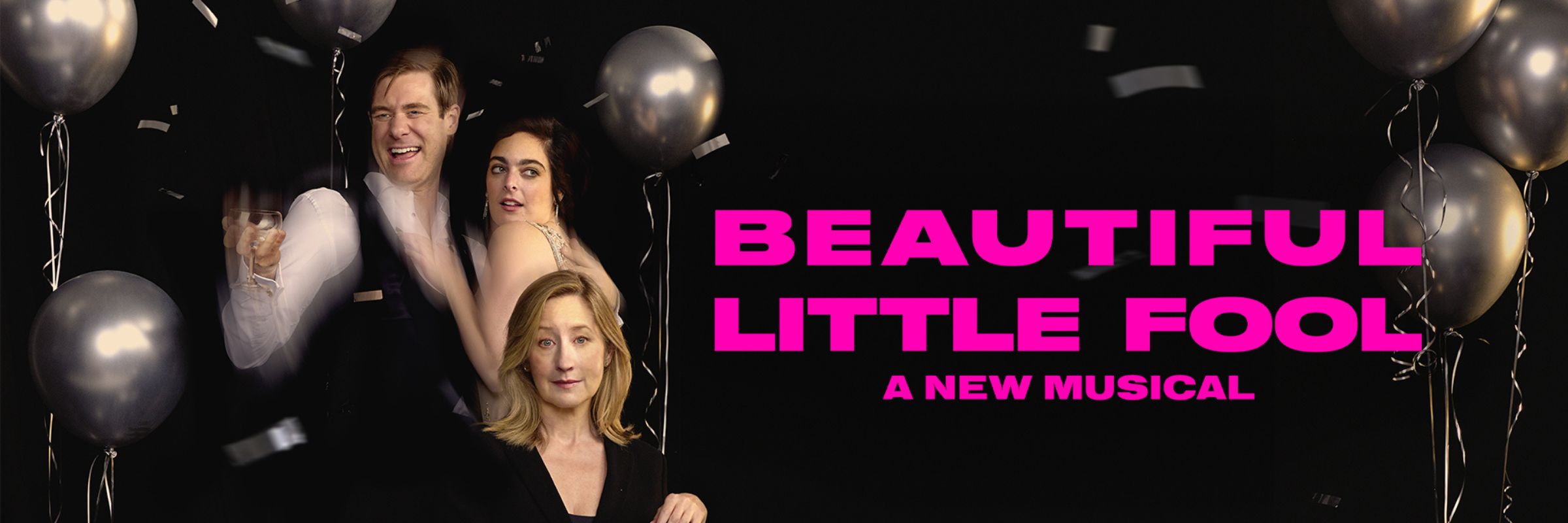Rating ****
Reviewed by Alex Foott
Performance date – Thurs 15th Aug 2013
This, my friends, is the future of education. Admittedly as I pass through the tunnel that leads to the venue, and emerge into a dimly lit room, I begin to question how enjoyable this lecture is going to be. Welcoming us, the classical music and rather tired looking projector make a deceptively uninspiring first impression. But then, there is a fanfare and an inexplicable grin spreads across my face as two of the happiest and most enthusiastic men I’ve ever encountered bound onto the stage. We Are Goose (Tim and Richard) take storm of the space, and unveil, with palpable admiration, the show’s topic: John Hunter, 18th century surgeon. Weaving a resplendent tapestry of his life, the duo are revolutionary in lifting the facts from the pages of his biography The Knife Man. This is how all historians should work.
Over the course of an hour, Tim and Richard divulge the various marvels and atrocities that lurk within this rather inspiring character. John Hunter is the man we can thank for a multitude of our modern medicinal advancements. Although he strengthened our understanding of anatomical areas such as foetal development and the function of the lymph glands, he also conducted some rather questionable experiments. His personal life was equally intriguing. His wife had an affair with a man whose nasal polyps were the objects of Hunter’s affection, he developed an obsession with a man in a freak show and even indulged in a spot of body snatching.
We Are Goose are truly delightful as they lightheartedly expose their oddball idol, including a helpful recap at the end of the performance lest we forget his legacy. They consistently maintain our interest by deconstructing and remodelling the conventional modes of biographical storytelling, injecting hilarious reenactments, a lively game show and songs that are equally clever and charming.
Tim and Richard succeed wonderfully in fusing their sense of humour with this already peculiar tale. They ceaselessly interrupt and undermine their own jokes which, when performing to a quintessentially apologetic British audience, somehow heightens the comedy. Academically, this story is much more memorable because of the various mediums that are employed in its telling. By including songs, sketches and a truly infectious enthusiasm, I can remember the vast majority of what I’ve learnt. While Will You Hold My Hand is first and foremost educational, it is unequivocally as entrancing and thought-provoking as any piece of theatre at the Edinburgh Fringe.


